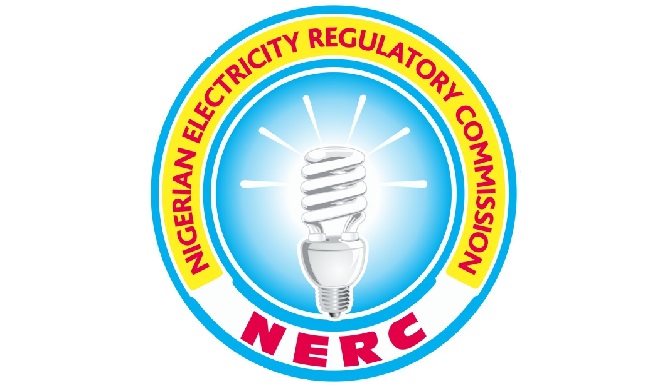The electricity tariff increase announced by the Nigerian Electricity Regulatory Commission (NERC) in its recent minor review of the Multi-Year Tariff Order may have become necessary, but its timing is inappropriate. In announcing the plans to increase the tariff by April, 2020,the regulatory body claimed that it would “review the variables in the determination of cost-reflective tariffs and relevant tariff and market shortfalls for 2019 and 2020.”
NERC explained that, “The Federal Government’s updated Power Sector Recovery Programme does not envisage an immediate increase in end-user tariffs until April 1, 2020, and a transition to full cost reflectivity by end of 2021. In the interim, the Federal Government has committed to funding the revenue gap arising from the difference between cost-reflective tariffs determined by the commission and the actual end-user tariffs payable by customers. All FGN intervention from the financing plan of the PSRP for funding tariff shortfall shall be applied through NBET and the market operator to ensure 100 per cent settlement of invoices issued by market participants.”
The important phrase in the statement is what NERC refers to as “the variables in the determination of cost-reflective tariffs.” These variables include the price of gas, which is dictated by the product’s demand and supply in the international market; foreign exchange rate to the Naira;inflation rate, which is still at double-digits; and power generation, which remains abysmally low. If these factors are taken into account, the tariff increase has become imperative. However, the mitigating factor is what NERC referred to as relevant tariff, meaning a tariff that reflects what a typical electricity consumer should be able to afford.
All things being equal, the MYTO should be reviewed every six months, but it has not since 2016. This is because all things have not been equal in the sector. Most of the targets set for Discos and Gencos in the privatization plans have not been met. For instance, power generation should have hit 12,000 megawatts by 2019, it did not. Power distribution, on the other hand, should have been, in the minimum, 7,000mw as at now. Instead, power distribution is still hibernating between 3,000mw and 3,500mw; while power distribution capacity is lagging behind at 5,000mw. These shortfalls are not good for electricity consumers and investors in the sector.
The outcry across the country against the planned increase is due to inadequate power distribution, as many electricity users are not convinced that they receive value for the money they pay. The unresolved legality of estimated billing system worsens the situation. Though estimated billing should either be an under-estimation or over-estimation, the experience of Nigerians is about over-estimation. Customers whose houses are not provided with metres receive estimated electricity bills that are ridiculous and annoying. Under this atmosphere, a tariff increase sounds very unrealistic and unreasonable.
It is good that government has signed a contract agreement with Siemens of Germany, who are expected to put in place the infrastructure and measures to expand the distribution and transmission of electricity. If properly executed, Siemens’ project would lead to improved power supply in Nigeria. We commend government for taking that step. However, we support the position taken by the House of Representatives who called on the ministry of power to put the planned tariff increase on hold because “there are so many unresolved questions.”
No doubt, Discos may be pressing NERC to ensure tariff increase in order to boost their income. It is very clear that if more or all electricity consumers are supplied with pre-paid metres, Discos would generate a lot of income due to the economy of scale in reining in millions of Nigerians as customers. It follows, therefore, that tariff increase will be appropriate when more customers are metered and electricity supply is regular and adequate. NERC,Discos, Gencos and other stakeholders in the sector should channel their efforts in this direction, rather than tariff increase when electricity supply and coverage are inadequate.




